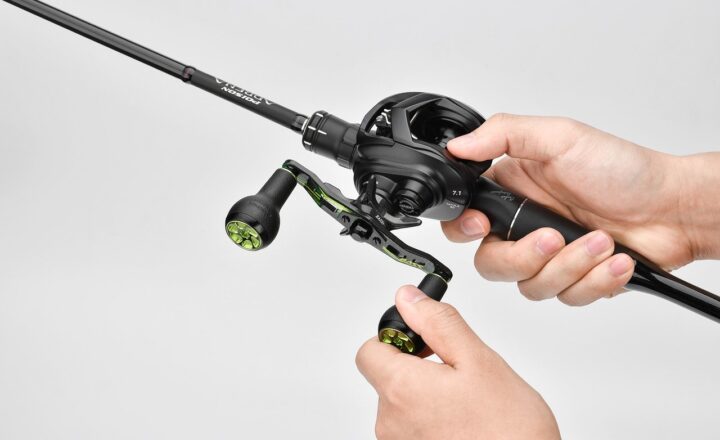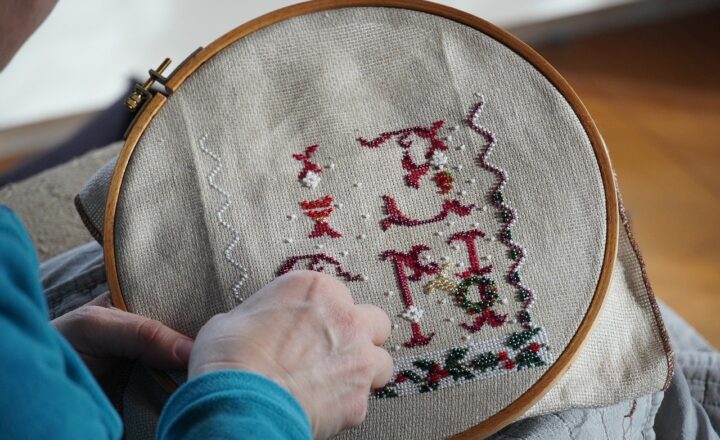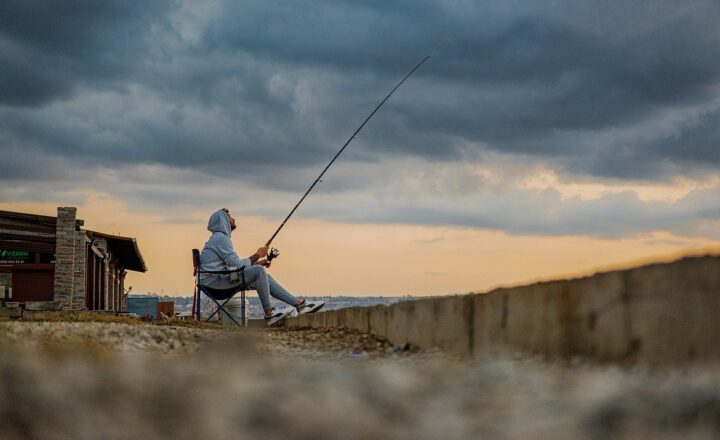
Fishing is often seen as one of the most peaceful and meditative hobbies one can participate in. It offers a chance to connect with nature, clear your mind, and enjoy the experience of waiting—whether for a bite or simply for the beauty of your surroundings. This article will guide you through the essentials of starting a fishing hobby, the different types of fishing to consider, and the mental health benefits that come with this enjoyable pastime.
1. The Basics of Fishing
To get started with fishing, there are a few basic things you need to know:
- Types of Fishing: Decide whether you want to engage in freshwater or saltwater fishing, as each has its unique experiences and requirements.
- Fishing Gear: Invest in some essential gear. This includes a fishing rod, reel, bait, tackle box, and fishing line. You can start with affordable starter kits that have everything you need.
- Licenses and Regulations: Ensure you have the appropriate fishing license for your location, and familiarize yourself with local fishing regulations.
Fishing can be enjoyed in various settings—lakes, rivers, oceans, or even through ice. Each environment provides unique challenges and experiences.
2. Types of Fishing
There are several types of fishing, each providing its unique thrill and ambiance:
- Fly Fishing: This technique involves using a lightweight lure to attract fish. It requires practice but is praised for its artful approach and skill-building.
- Spin Fishing: Spin fishing is perhaps the most accessible type, where anglers use a spinning reel and a variety of lures or live bait.
- Baitcasting: This method offers precision, allowing anglers to place bait exactly where they want, which can significantly increase the chance of catching larger fish.
- Deep-Sea Fishing: This adventurous type of fishing takes place far into the ocean and can result in catching large species. It often requires a boat and specialized equipment.
- Sitting on the shore: For those who prefer less hassle, fishing right from the shore can be a relaxing and enjoyable experience.
Each type of fishing caters to different skill levels and preferences, making it easy to find one that suits you.
3. Essential Fishing Gear
Getting the right gear is crucial to ensure that your fishing experience is enjoyable and productive. Here’s what you’ll need:
- Fishing Rod and Reel: Start with a beginner-friendly rod and reel combo, which will typically include both components at a reasonable price.
- Fishing Line: Choose an appropriate line for your target species. For instance, a 10-20 lb line is ideal for freshwater fishing.
- Tackle Box: Keep all your hooks, baits, and lures organized. A small tackle box is enough for beginners.
- Bait: You can use live bait like worms or minnows or artificial lures that mimic the movement of prey.
- Accessories: Don’t forget items like pliers, a fishing net, and a first aid kit for unforeseen incidents.
Being equipped with the right gear enhances both your comfort and effectiveness while fishing.
4. Finding the Right Spot
One of the most enjoyable aspects of fishing is exploring new locations. Here are some tips on finding great fishing spots:
- Local Knowledge: Ask experienced anglers or check with local fishing stores about where to fish in your area. Online maps and fishing forums also provide excellent insights.
- Natural Features: Look for areas with plenty of structure, such as submerged rocks or fallen trees, as these spots often attract fish.
- Water Temperature: Be aware that different species prefer different water temperatures, so researching seasonal preferences can lead you to the best spots.
Exploring various locations not only increases your chances of catching fish but also offers new experiences in beautiful settings.
5. The Health Benefits of Fishing
Engaging in fishing goes beyond catching fish; it has numerous advantages for your mental health and overall well-being:
- Stress Relief: Being out in nature reduces stress and promotes a calm state of mind. The gentle rhythm of casting and reeling offers a meditative experience.
- Connection with Nature: Spending time outdoors connects you with the natural world, which is crucial for mental health and encourages mindfulness.
- Social Connection: Fishing can be a great social activity, allowing you to bond with friends and family or meet new people in the community.
- Physical Activity: The activity involved in fishing—walking to spots, casting, and reeling—combines relaxation with light exercise.
Whether you prefer to fish alone or with friends, the mental and physical benefits of this hobby are numerous.
6. Getting Started with Your Fishing Journey
As you look to embark on your fishing journey, remember these key points to ensure a smooth start:
- Take Your Time: Don’t rush the learning process. Get comfortable with the techniques and gear before diving deeper into the hobby.
- Be Patient: Fishing is often about waiting, so embrace the process and enjoy each moment by the water.
- Learn Continuously: Educate yourself through books, videos, or speaking with experienced anglers. The more you know, the more you’ll enjoy your fishing trips.
Starting a fishing hobby can lead to rewarding experiences and many memories. The thrill of the catch is rewarding, but the peace and relaxation fishing offers are priceless.
Conclusion
Fishing is not just about catching fish; it’s about reconnecting with nature and finding solace in the great outdoors. This hobby is accessible to all skill levels and ages, making it a fantastic choice for anyone looking for a peaceful retreat from daily stresses. Grab your gear, pick a spot, and start casting your worries away today!





